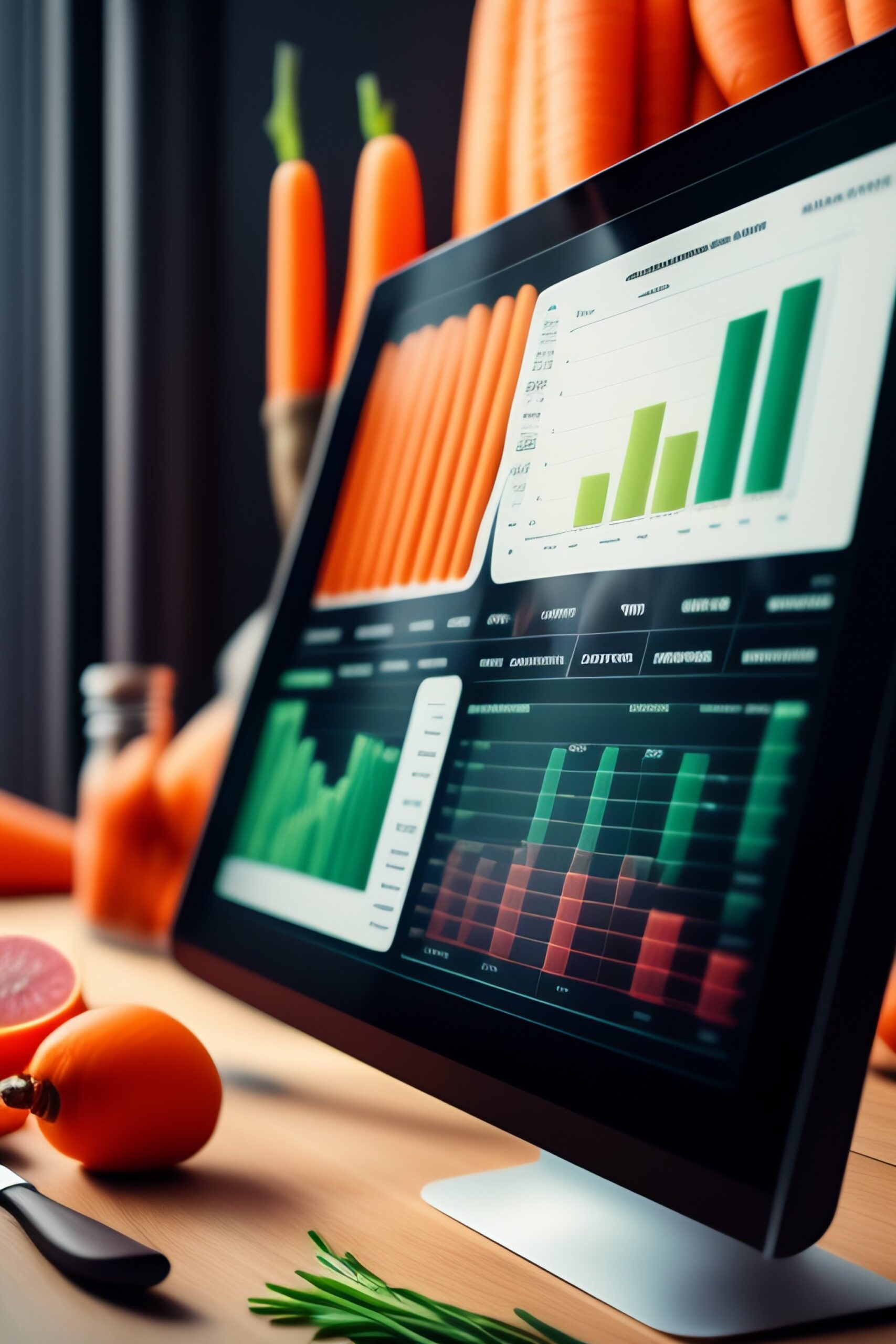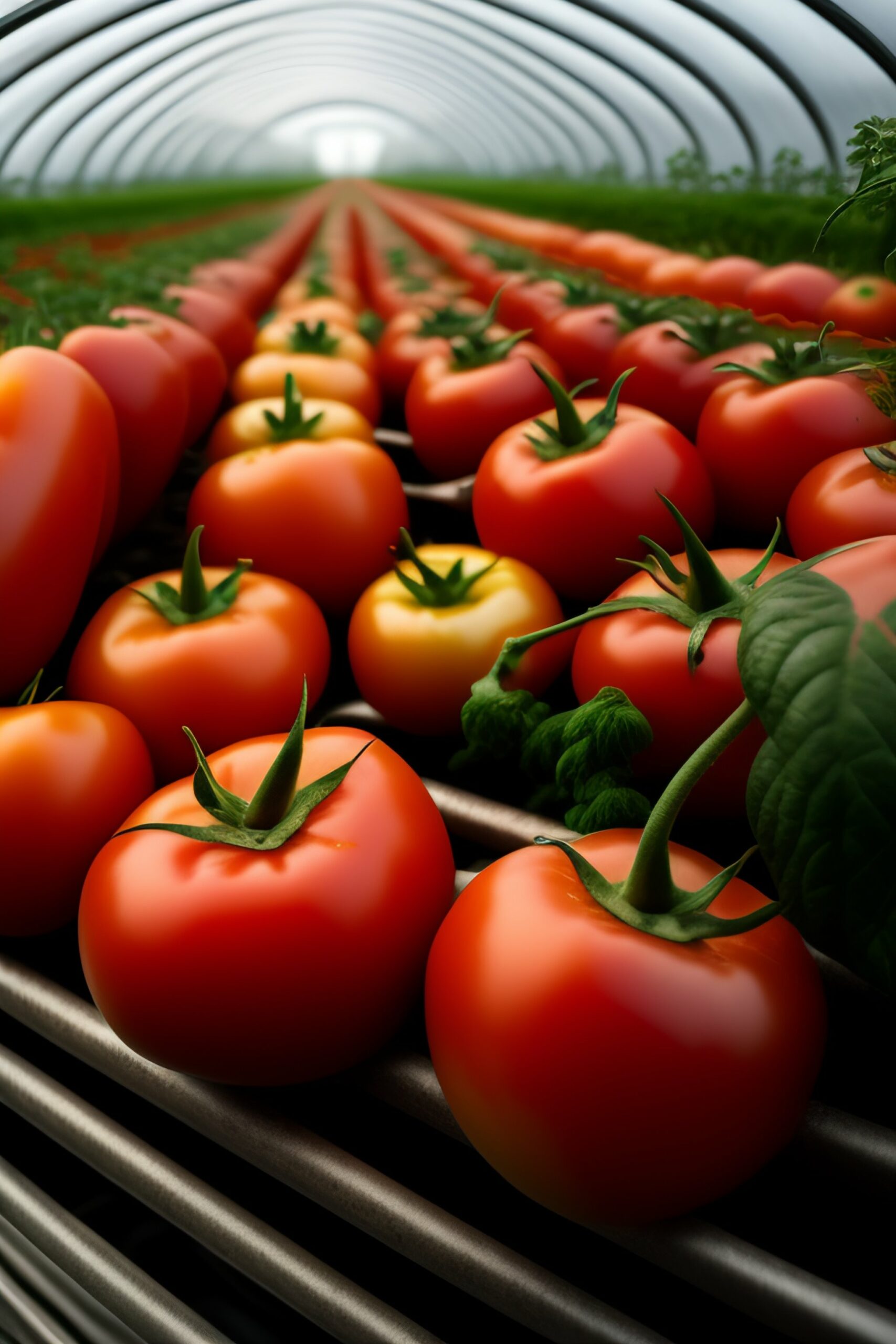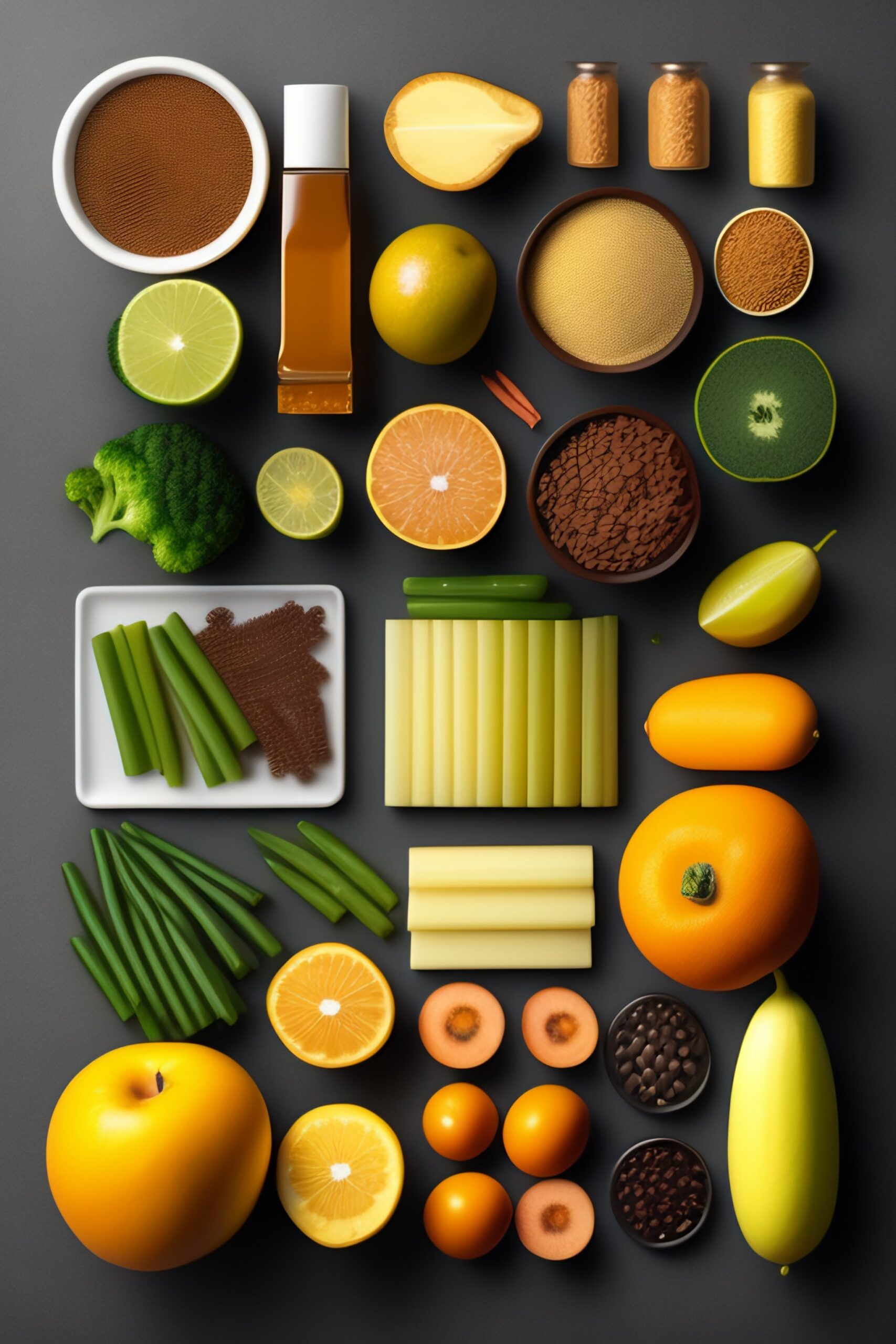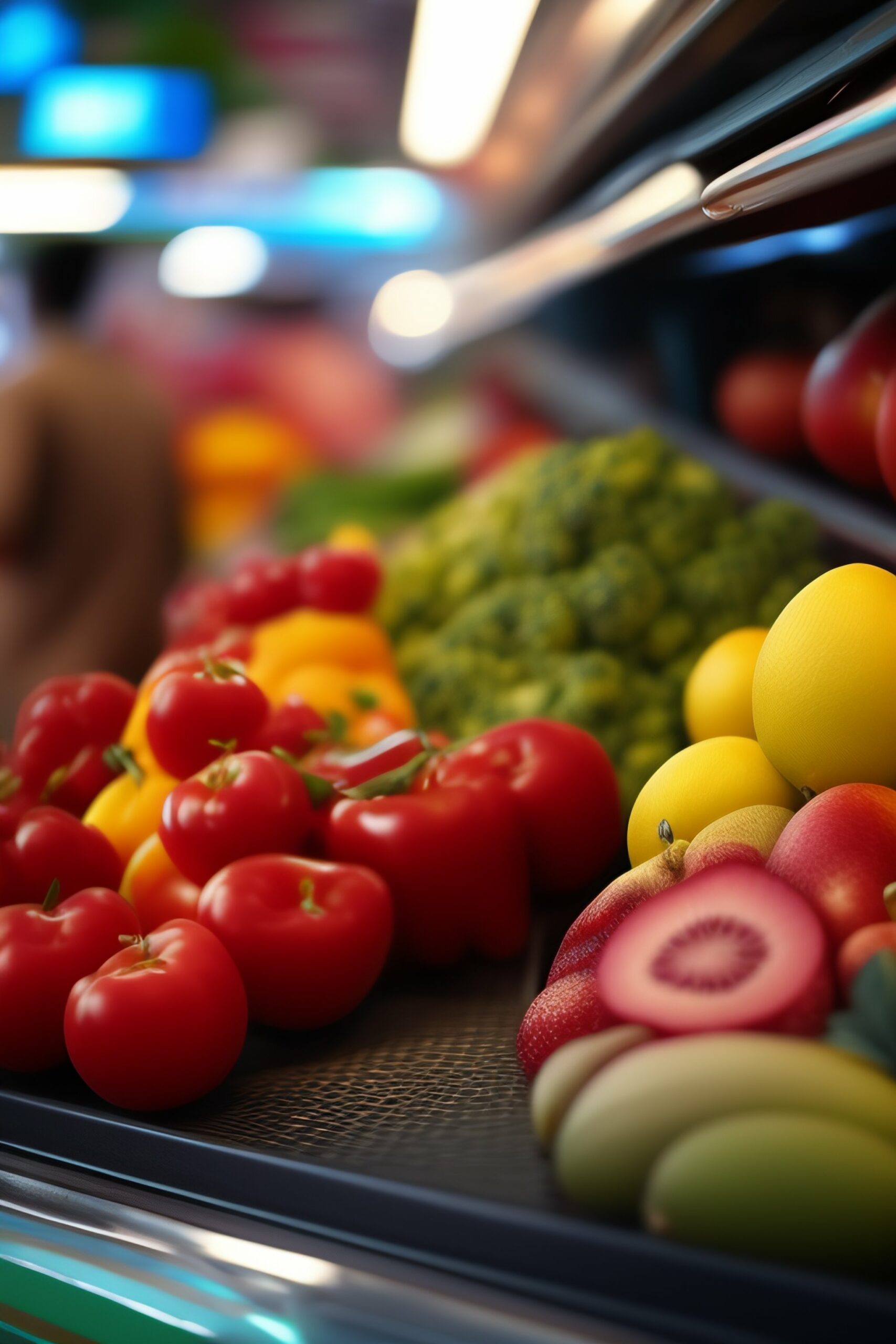Technology has revolutionized the way food is produced and consumed. From the development of new farming techniques to the use of artificial intelligence in food production, technology has had a major impact on the food industry.
Farming has been revolutionized by technology. New farming techniques such as precision agriculture, hydroponics, and vertical farming have allowed farmers to produce more food with fewer resources. Precision agriculture uses sensors and GPS to monitor soil conditions and optimize crop yields. Hydroponics is a method of growing plants without soil, using nutrient-rich water instead. Vertical farming is a method of growing crops in vertically stacked layers, allowing for higher yields in a smaller space.
Technology has also enabled the development of new food products. Food scientists are using genetic engineering to create new varieties of crops that are more resistant to disease and pests, and have higher yields. They are also using biotechnology to create new food products, such as plant-based meat substitutes.
Artificial intelligence is being used to improve food production. AI-powered robots can be used to automate tasks such as harvesting, sorting, and packaging. AI can also be used to monitor crop health and optimize irrigation and fertilization.
Technology has also had a major impact on food safety. Automated systems can be used to detect food-borne pathogens and contaminants, and alert food producers to potential problems.
Technology has revolutionized the way food is produced and consumed. From new farming techniques to the use of artificial intelligence, technology has had a major impact on the food industry. As technology continues to advance, it will continue to play an important role in food production.






